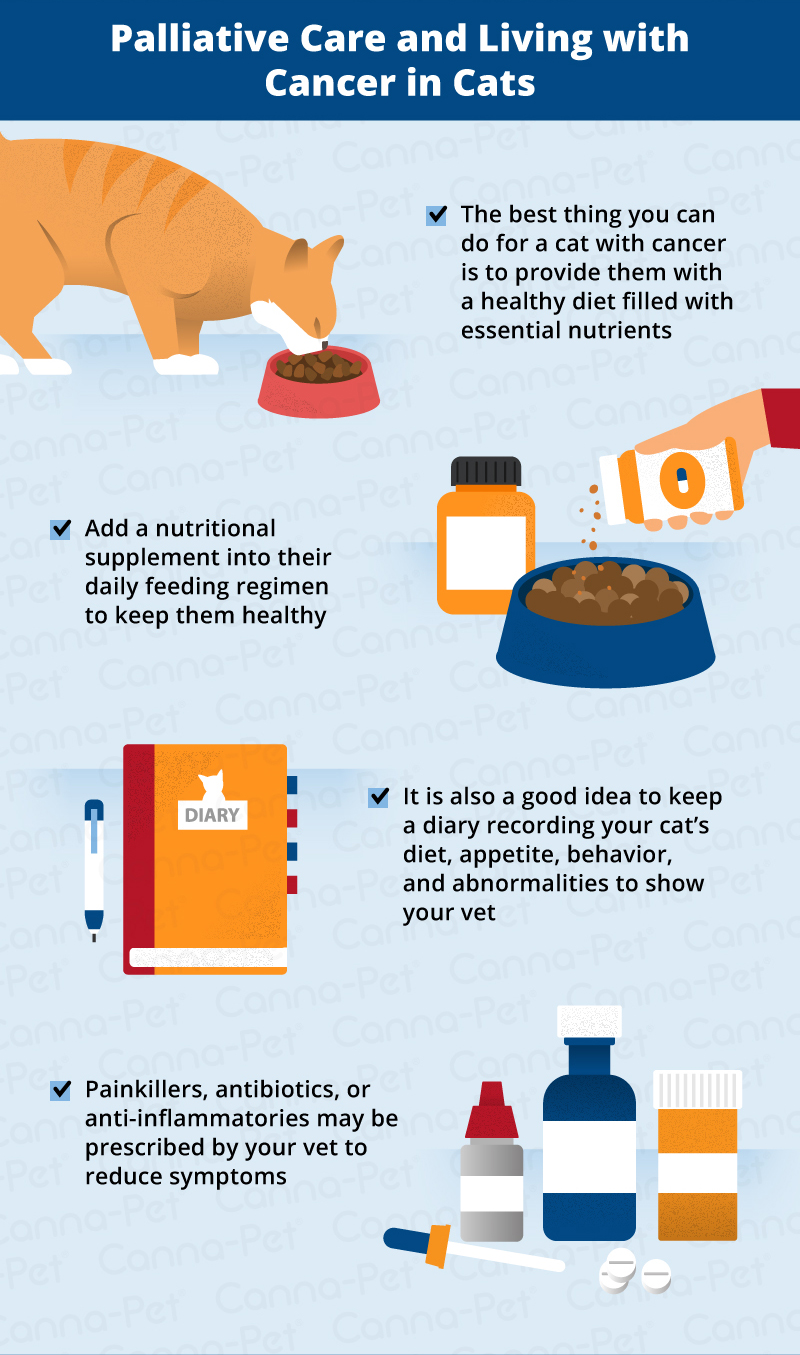
Heart disease in cats can be either congenital or acquired: The most common kind of heart disease in cats is adult-onset hypertrophic cardiomyopathy which is generally caused by an enlargement or thickening of the heart.

Myocarditis - Myocarditis is a cardiac disease in dogs caused by the swelling of the heart muscle.

DCM is common in older large breed dogs such as Great Danes, Irish Wolfhounds, and Dobermans. This is a very common disease and may go undetected for quite some time. Heartworm disease is preventable through widely available heartworm preventive medication.ĭilated Cardiomyopathy (DCM) - In dogs with DCM, the heart loses its ability to effectively pump blood through the body. Once inside your dog, heartworm larvae grow and develop into worms that live and reproduce in the heart and lungs, causing severe discomfort and eventually organ failure in your dog. Heartworm Disease - Heartworms are spread through mosquitos. This irregular heartbeat makes the heart unable to properly pump blood through the body. This disease the heart to beat abnormally fast due to a change in the muscle in the right ventricle of the heart. Degenerative valvular disease is common in older small breed dogs such as Chihuahuas and King Charles Cavelier Spaniels.Īrrhythmogenic Right Ventricular Cardiomyopathy - This disease is also referred to as Boxer cardiomyopathy because it happens almost exclusively in boxers. When a dog is suffering from valvular disease, the valves don't function as they should and cause problems with blood flow through the body.

The valves are little flaps of tissue that act as doors between the chambers of the heart and prevent blood from flowing backward. Valvular Disease - Valvular disease affects the valves of the heart. There are several different types of heart disease that affect dogs. You should always research breed-specific problems before purchasing a dog to be sure you are prepared to handle any potential complications with your pup's health. It is also important to note that some breeds are more prone to heart disease than others. Unfortunately, it is often difficult to detect heart disease until it has reached a later, more severe stage, but there are some symptoms dog owners should be aware of.

The heart is an incredibly important organ and any disease that affects the heart is likely to have negative effects on other organs as well.


 0 kommentar(er)
0 kommentar(er)
